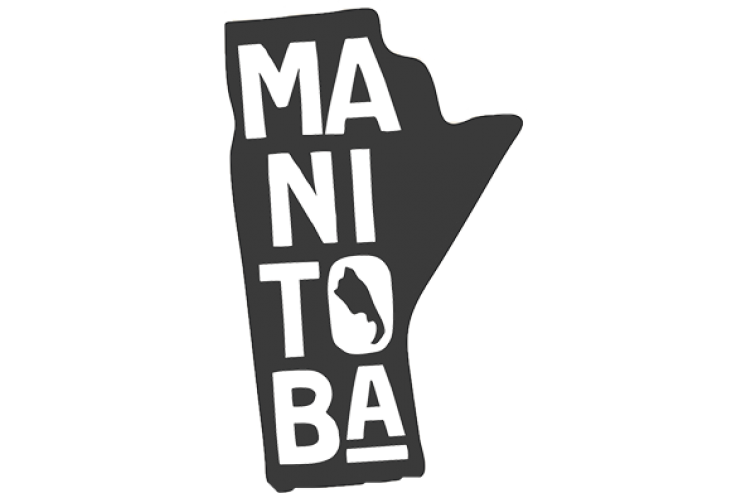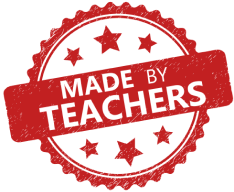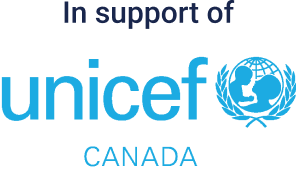Manitoba Grade 6

CLICK HERE FOR CURRICULUM CONNECTIONS, LESSONS AND SUPPORT RESOURCES.
Made by a Grade 6 teacher in Manitoba.
Kids Boost Immunity (KBI) provides educational content (lessons and support materials) developed by teachers and where needed, health experts, that is directly linked to curriculum and is available completely for free. Each lesson is paired with an online quiz that students can take on a laptop, tablet, or phone. Every time a student scores 80% or higher on a quiz, we donate life-saving vaccines to UNICEF Canada. To learn more about KBI, click here.
Click on the overarching curriculum themes below to see the curriculum outcomes that match KBI educational content. The full Grade 6 Manitoba Curriculum Connections document is here.
- Identity
-
Curricular outcomes:
Science: Cluster 1 - Diversity of Living Things
- 6-1-01 Use appropriate vocabulary related to their investigations of the diversity of living things.
- 6-1-04 Identify living things using an existing classification key, and explain the rationale used.
- 6-1-13 Compare and contrast the adaptations of closely related vertebrates living in different habitats, and suggest reasons that explain these adaptations
- 6-1-14 Identify, based on evidence gathered by paleontologists, similarities and differences in animals living today and those that lived in the past. Fossils provide evidence about the types of organisms that lived long ago, and can be compared with one another and to living organisms to help us understand diversity today and in the past.
Social Studies- Building a Nation
- 6-VH-012 Value the diverse stories and perspectives that comprise the history of Canada.
- 6-KI-007 Give reasons for the establishment of treaties and reserves and describe their impact on individuals, families, and communities.
- 6-S-310 Recognize that interpretations of history are subject to change as new information is uncovered or acknowledged.
- 6-S-401 Use language that is respectful of human diversity.
Math: Number
- 6.N.5. Demonstrate an understanding of ratio, concretely, pictorially, and symbolically.
Applicable KBI lessons:
1. Diversity of Living Things
- Literacy builder worksheet/answer guide
- Lesson worksheet/answers
- Video worksheet/answers
- Inquiry activities/answer guides
- Numeracy activity/answers
2. Evolution and Natural Selection
- Literacy builder worksheet/answer guide
- Lesson worksheet/answers
- Video worksheet/answers
3. Indigenous Experiences of Colonization
- Literacy builder worksheet/answer guide
- Lesson worksheet/answers
- Understanding Perspective
-
Curricular outcomes:
Social Studies Skills: Skills for Managing Information and Ideas
- Information-management skills enable students to access, select, organize, and record information and ideas, using a variety of sources, tools, and technologies. These skills include inquiry and research skills that enhance historical and geographical thinking.
Social Studies: Skills
- S-200- Select information from a variety of oral, visual, material, print, or electronic sources.
- S-202- Distinguish between primary and secondary information sources for research.
- S-302- Draw conclusions based on research and evidence.
- S-304- Distinguish fact from opinion and interpretation.
- S-3.6- Assess the validity of information sources.
- S-3.9- Interpret information and ideas in a variety of media.
Social Studies: Cluster 4- Canada Today: Democracy, Diversity, and the Influence of the Past
- 6-KP-049 Describe the main features of the Canadian government.
- 6-KP-052 Identify the main responsibilities of municipal, provincial, First Nations, and federal governments in Canada.
- 6-KP-053 Identify elected or appointed municipal, provincial, and federal government representatives and describe their main responsibilities.
Math
- 6.PR.2. Represent and describe patterns and relationships using graphs and tables.
ELA: 3.2- Select and Process
- 3.2.2- Answer inquiry and research questions using a variety of information sources
- 3.2.3- Recognize that information serves different purposes and determine its usefulness for inquiry or research focus using pre-established criteria.
Science- Overall Skills & Attitudes
- 6-0-1A- Formulate specific questions that lead to investigations.
- 6-0-1B- Identify various methods for finding the answer to a specific question and select one to implement.
- 6-0-2A-Access information using a variety of sources.
Applicable KBI lessons:
1. Canada's Three Levels of Government
- Literacy builder worksheet/answer guide
- Lesson worksheet/answers
- Video worksheet/answers
- Inquiry activities/answer guides
- Numeracy activity/answers
2. Critical Thinking & Evaluating Information
- Literacy builder worksheet/answer guide
- Lesson worksheet/answers
- Video worksheet/answers
- Inquiry activities/answer guides
- Numeracy activity/answers
3. Navigating the World of Online (Mis)Information
- Literacy builder worksheet/answer guide
- Inquiry activities
Curriculum-Related Themes Throughout the Year
- Reflecting on hardships and courage during WWII (November)
-
Curricular outcomes:
Community & Cooperation
- Social Studies: Cluster 2 - An Emerging Nation
- 6-KC-003 Recognize Remembrance Day as a commemoration of Canadian participation in world conflicts.
- 6-KG-040 Describe Canada’s involvement in the First World War and identify its impact on Canadian individuals and communities.
- 6-KI-012 Identify contributions of First Nations, Inuit, and Métis peoples to Canada’s war efforts.
- 6-KG-042 Describe Canada’s involvement in the Second World War and identify its impact on Canadian individuals and communities.
Applicable KBI lessons:
1. Remembrance Day / Veterans Day / Armistice Day
- Social Studies: Cluster 2 - An Emerging Nation
- Being kind and building leadership skills to help make a difference to others (December)
-
Applicable KBI lessons:
1. Winter Break - A Time To Reflect on Making a Difference
- Literacy builder worksheet/answer guide
- Inquiry/creative activities
- Highlighting some key inspirational leaders during Black History Month as well as some experiences of refugees from different parts of the world (February)
-
Applicable KBI lessons:
1. Black History Month
2. Refugee Experiences
- Lesson worksheet/answers
- Inquiry activities
- Celebrating inspiring women in STEM (March)
-
Applicable KBI lessons:
1. International Women's Day - Celebrating Inspiring Women in STEM
- Literacy builder worksheets/answer guides
- Inquiry activities
- Caring for the environment (Earth Month in April)
-
Applicable KBI lessons:
1. Environment & Climate Change
- Literacy builder worksheet/answer guide
- Lesson worksheet/answers
- Video worksheet/answers
- Inquiry activities/answer guides
- Numeracy activity/answers
- Understanding communicable diseases and how they are spread, and learning about immunization. Suggested during flu season, immunization awareness week, and school vaccinations (if applicable)
-
Applicable KBI lessons:
1. Immunization Awareness Week
2. The Spread of Infectious Diseases
3. Scientific Curiosity and Vaccine Discoveries
- Literacy builder worksheets/answer guides
- Inquiry activities




